Disaster Planning for Your Business
Recent catastrophes, natural disasters, and pandemics serve as good reminders that businesses need disaster plans just as much as homes and families.
In the midst of an earthquake, flood, fire or severe storm that causes irreparable damage, it's hard to think beyond "we've lost everything." But if you've carefully planned out what to do in a disaster, it doesn't have to mean a total loss...
Keeping track of the details is what makes the difference when you're trying to restart business as usual. That's why it's important to figure out now what your business disaster plan should look like, before you're in survival mode.
Identify what makes your business function:
What makes your business run? Do you need a space to show your products? Or do you need space to talk to clients and provide a professional service?
The loss of business income can usually mean more lost dollars that the loss of business owned property. Depending on your situation, your disaster plan could include renting alternate space and equipment to conduct business while repairs are being made.
Make a list of your clients' and vendors' contact information, so you can keep in touch while you're getting back on your feet.
Not only will lists make rebuilding easier, it will also help you work out what equipment and funds you'll need to get back up and running. This will save time and headaches after a loss.
Compare your plan with your insurance coverage:
Once you've planned out what you need to keep your business afloat after a disaster, you need to find a way to support your business if that happens. Insurance can be a good way to make that happen.
NextGen Insurance can consult you and review your policies to make sure your coverage adequately meets your disaster planning needs.
Don't underestimate the numbers, unless you want to run out of money while you're still trying to rebuild. Make sure you have enough to cover everything your disaster plan needs.
Keep your people safe and your plan safe:
Safety of staff comes first. If everyone knows what to to and where to be you should greatly reduce any chance of injury. Communicate your plan with staff so they are ready if and when disaster strikes.
Keep backup copies of your plan, in both paper and electronic forms. Save it on a computer outside the office, onto a USB drive, and also keep hard copies in various locations.
Making a small business disaster plan is a good start, but it's also important to update it as your business grows to ensure you're always ready to handle a disaster. If you already have a plan, GREAT, but dust it of every couple of years to make sure it still fits your business.

